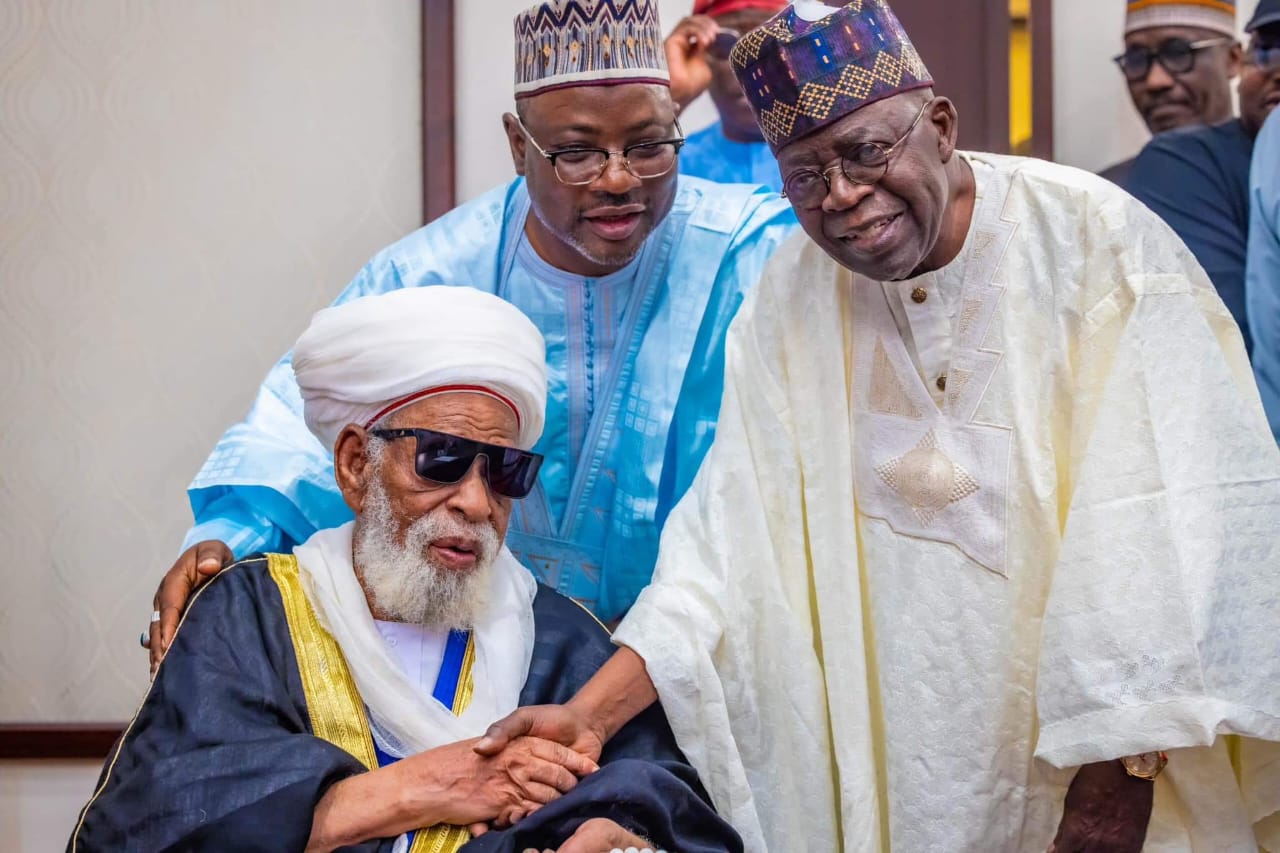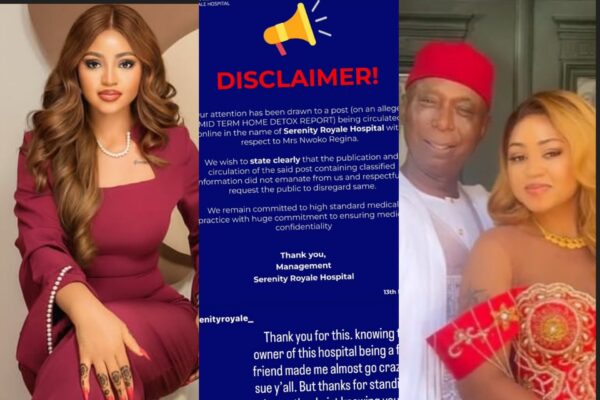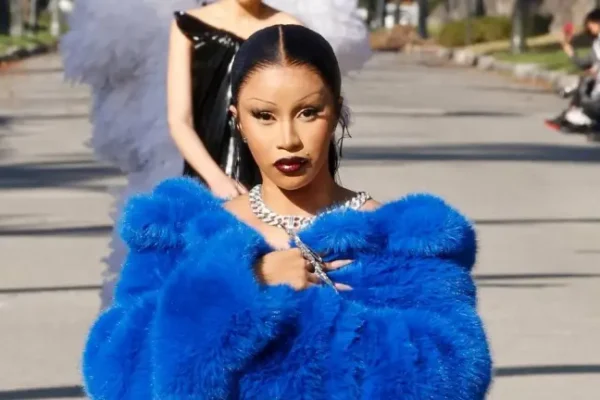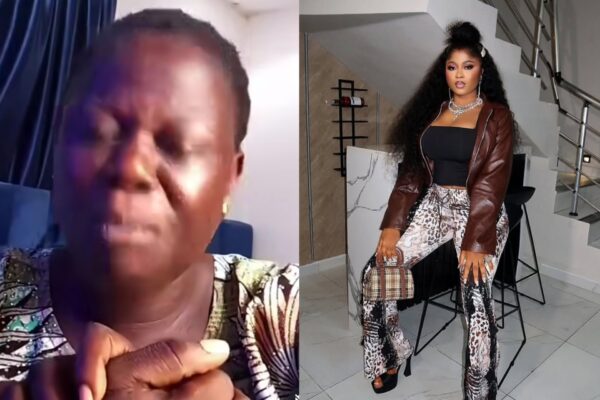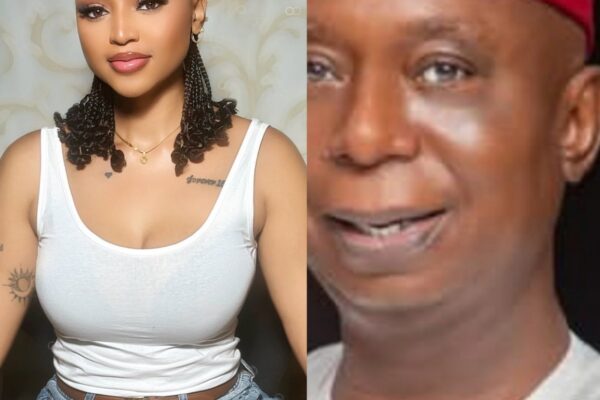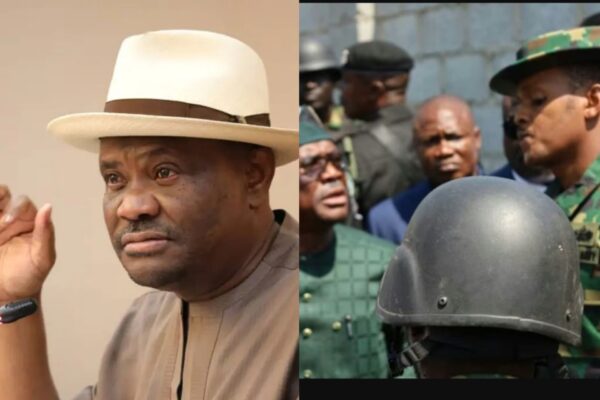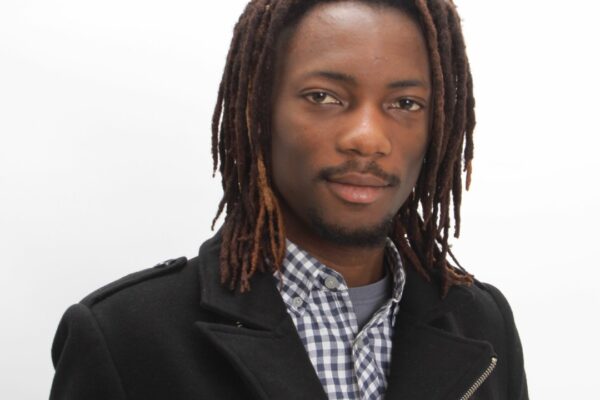
Paystack Suspends CTO Ezra Olubi Over Sexual Misconduct Allegations
Paystack has suspended its co-founder and Chief Technology Officer, Ezra Olubi, following allegations of sexual misconduct involving a subordinate. In a statement to TechCabal, the Stripe-owned fintech confirmed that it has launched a formal investigation into the accusations. “Paystack is aware of the allegations involving our Co-founder, Ezra Olubi,” the company said. “We take matters of this nature extremely seriously. Effective immediately, Ezra has been suspended from all duties and responsibilities pending the outcome of a formal investigation.” The company added that it would not provide further updates until the inquiry is complete, citing the importance of maintaining the integrity of the process and respecting all parties involved. The suspension comes after several of Olubi’s tweets from 2009 to 2013 resurfaced online, drawing criticism for sexually explicit content about colleagues and disturbing references to minors. Some posts included remarks about photographing a colleague’s thighs, while a 2011 tweet that went viral read: “Monday will be more fun with an ‘a’ in it. Touch a coworker today. Inappropriately.” Following the resurfacing of the tweets, Olubi has deactivated his X account. The incident has sparked widespread discussion about workplace conduct and accountability in Nigeria’s tech industry.

